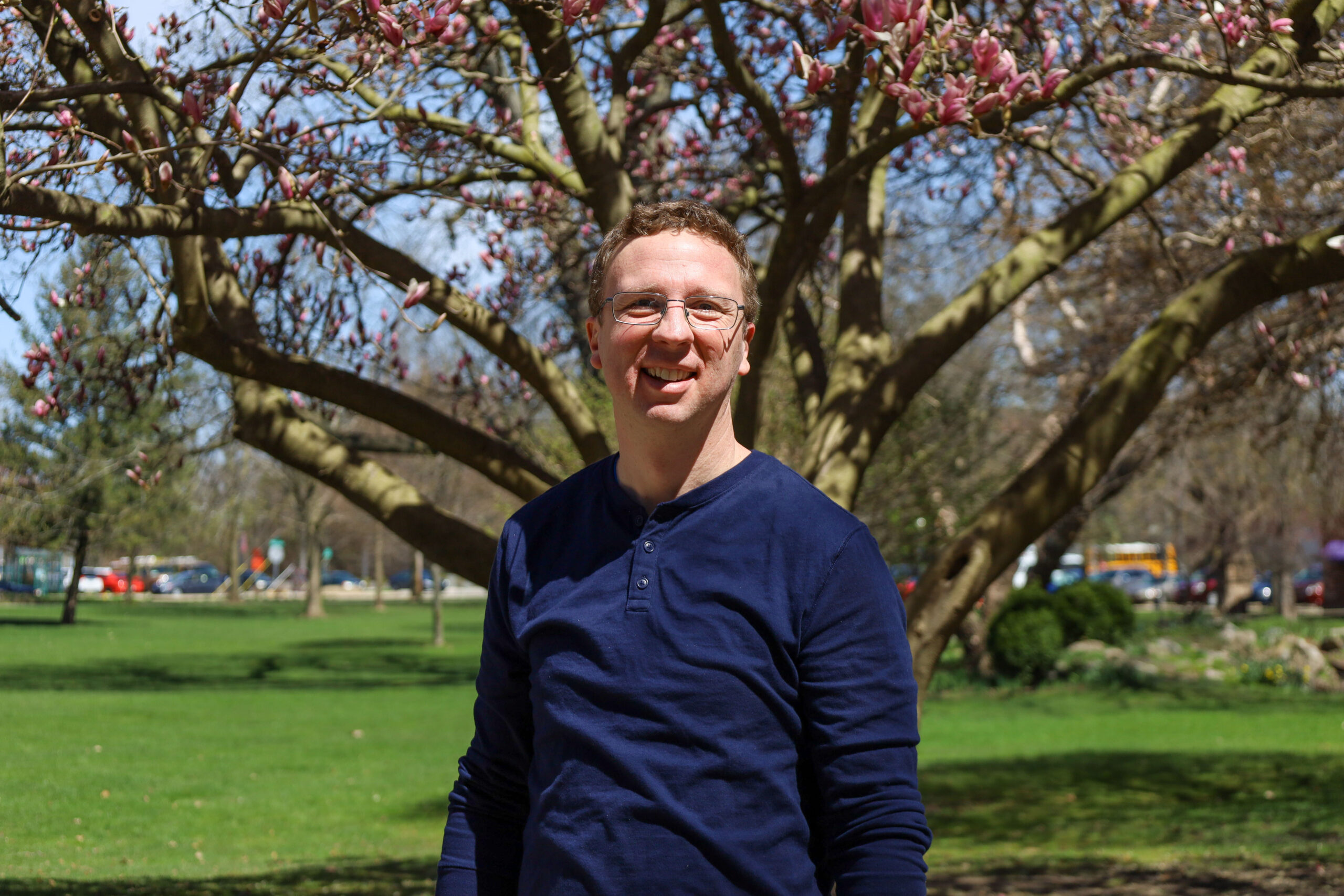I grew up Mennonite in Denver, Colorado; Colorado isn’t exactly known for its Mennonite communities.
I grew up accustomed to explaining what my religion was: “Yes, I’m Christian.” “No, I don’t live on a farm.” “Yes, I have electricity in my house.” “No, I don’t wear special clothes.”I didn’t mind being the only Mennonite in my high school.
It wasn’t like being Mennonite was the most important thing about me. I knew though, that when it came to college, I wanted to go to a Mennonite school.
The idea of being at a college where people knew who Mennonites were and where other Mennonites attended excited me.
I was excited about not needing to explain why I wasn’t baptized at birth. I envisioned a college where everyone would understand my pacifism and love four-part harmonies.
After visiting as a prospective student, I fell in love with the friendly campus community and the fact that there were tons of Mennonite churches in the area. GC was exactly what I was looking for.
Since arriving at GC nearly three years ago, I’ve realized a few things: One, Goshen is a Mennonite institution, but that doesn’t mean everyone is Mennonite. As GC works to attract new students, it moves away from focusing only on Mennonites.
Two, not everyone who goes here knows who Mennonites are. You know what? That’s okay.
There are some parts of GC’s Mennonite roots that should remain, like the core values of compassionate peacemaking and servant leadership.
These values may come from the Mennonite tradition, but are good to uphold in life and can translate to fit a range of religions and worldviews.
The peace, justice and conflict studies major comes from the Mennonite values of pacifism, and helps makes GC unique.
On the other hand, it’s time for GC to broaden its horizons. There is beauty in being diverse, whether it’s the students and their backgrounds, or the faculty.
Having a variety of different faiths and cultures on campus gives everyone the chance to learn from one another and become better global citizens.
Even if GC transitions away from being Mennonite and towards being more broadly Christian, the history of Anabaptism will still remain.
Nothing can take away the fact that Goshen was founded by Mennonites. But that was a long time ago and things have changed.
If Goshen stays distinctively Mennonite, it will lose students as the Mennonite population in the U.S. declines.
However, if GC moves too far away from being associated with being Mennonite, it may lose Mennonite students altogether.
GC is part of the Mennonite church, but we should be inclusive of everyone, no matter what their religion or Christian beliefs.
If we spend too much time focused on looking for Mennonite students, we lose out on the chance to meet people who aren’t Mennonite.
GC loses out on all the wonderful people who chose this college for the opportunities it presents, rather than its roots in Anabaptism.



